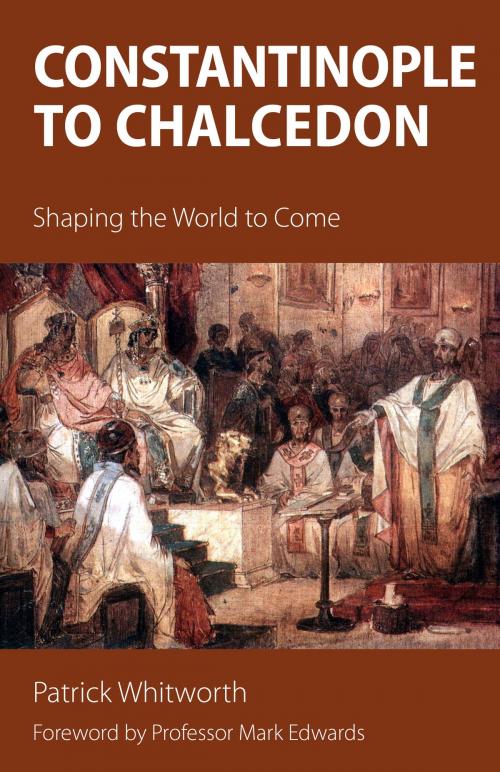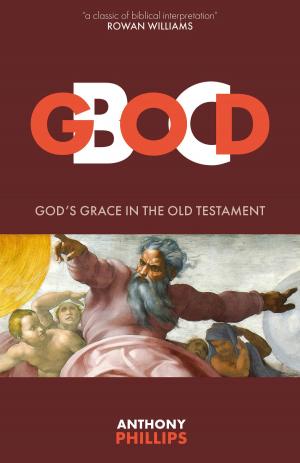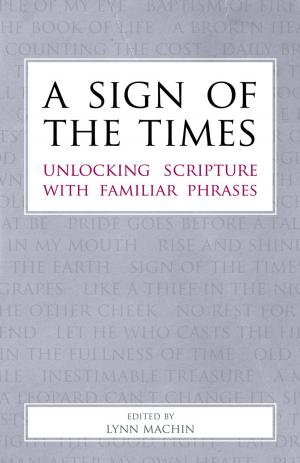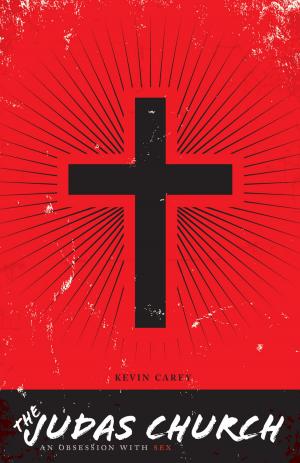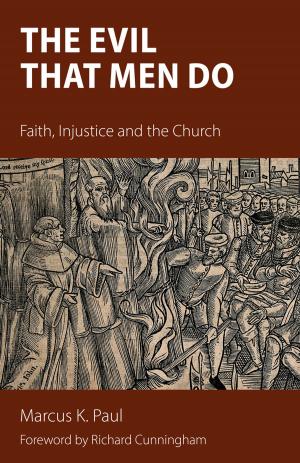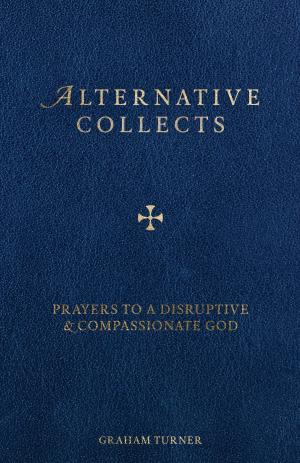Constantinople to Chalcedon
Shaping the World to Come
Nonfiction, Religion & Spirituality, Theology, Christianity| Author: | Patrick Whitworth | ISBN: | 9781910519493 |
| Publisher: | Sacristy Press | Publication: | June 1, 2017 |
| Imprint: | Sacristy Press | Language: | English |
| Author: | Patrick Whitworth |
| ISBN: | 9781910519493 |
| Publisher: | Sacristy Press |
| Publication: | June 1, 2017 |
| Imprint: | Sacristy Press |
| Language: | English |
The period covered by this book (AD 381–451) is the first in which the church can be said to have exercised a dominant role in political history. For some it is the period in which the church lost its innocence. Yet without the innovations of Constantine and his successors, it is hard for us to imagine what Christianity might have been. Without this time of consolidation and increasing conformity, Europe would not have existed as we now know it—nor, for that matter, would Islam.
It is one of Whitworth’s merits to show that the great doctrinal formulae which we owe to this epoch were framed with reverent care by men of profound conviction; at the same time, we are left in no doubt that the church, then as now, was as secular an institution as any other. This book is neither an apology nor a polemic, but the real history of real people who were trying to uphold eternal truths in a fallen and transitory world.
The clear and faithful, rapid yet detailed narrative that Patrick Whitworth presents here will be equally enjoyable and instructive for those who lament the rise of Christendom and for those who daily give thanks for it; both will admire the accuracy and candour with which he takes us, chapter by chapter, through the political convulsions which accompanied each advance in theological speculation.
— Mark Edwards, Professor of Early Christian Studies, University of Oxford
The period covered by this book (AD 381–451) is the first in which the church can be said to have exercised a dominant role in political history. For some it is the period in which the church lost its innocence. Yet without the innovations of Constantine and his successors, it is hard for us to imagine what Christianity might have been. Without this time of consolidation and increasing conformity, Europe would not have existed as we now know it—nor, for that matter, would Islam.
It is one of Whitworth’s merits to show that the great doctrinal formulae which we owe to this epoch were framed with reverent care by men of profound conviction; at the same time, we are left in no doubt that the church, then as now, was as secular an institution as any other. This book is neither an apology nor a polemic, but the real history of real people who were trying to uphold eternal truths in a fallen and transitory world.
The clear and faithful, rapid yet detailed narrative that Patrick Whitworth presents here will be equally enjoyable and instructive for those who lament the rise of Christendom and for those who daily give thanks for it; both will admire the accuracy and candour with which he takes us, chapter by chapter, through the political convulsions which accompanied each advance in theological speculation.
— Mark Edwards, Professor of Early Christian Studies, University of Oxford
